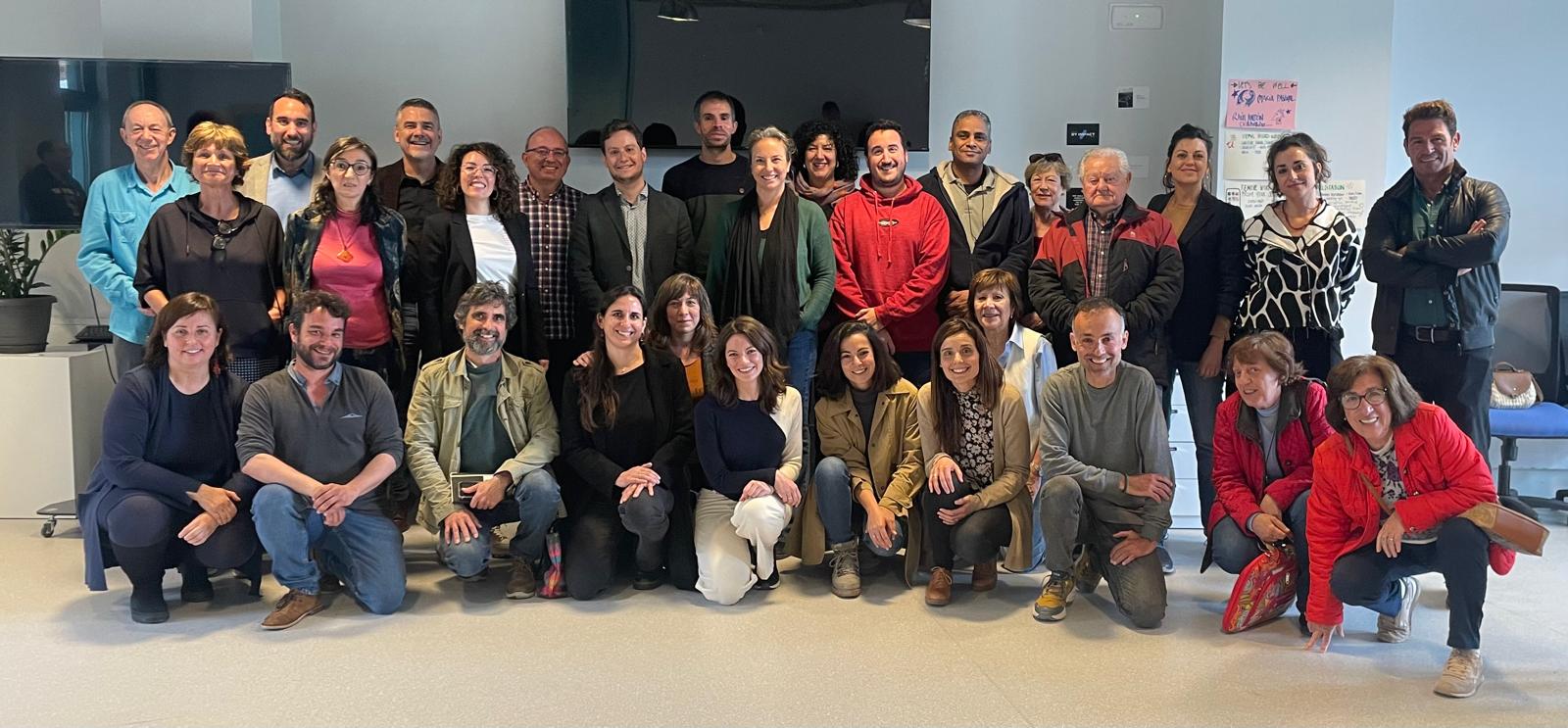Since inception, we have always performed like one, and yet legally we weren’t, simply because there is no such legal form in Spain. A social business, we are talking about. That is to say a business, and thus economically viable and profitable, but with a clear social purpose, or in other words, endowed with a mission to generate a positive impact in/to the community and ecosystem where it operates, as well as to society and the Earth ecosystem at large.
Moreover, a social business is by design a not-for-profit entity, meaning it reinvests all the profits in the pursuit of its mission, including improving the salaries and working conditions of its employees, managers and founders, as well as its premises and means of production, but without distributing profits among its shareholders.
And most important of all, the company’s social mission and equity-driven mindset are totally consistent with our own personal values, which makes us very proud and willing to surmount any obstacle along the way.
Hence, we decided to take the final step and proactively influence Spanish legislation, setting another precedent of a pioneering organization that decides to modify its founding documents, its by-laws in particular, to incorporate such guiding principles into its governing statutes. To this end, here are the new articles we added to our by-laws, turning us effectively into a groundbreaking social business:
Article 2 – Corporate Purpose: As a social enterprise, based on the necessary economic and financial viability, the company aims to generate ecosystem resilience and community adaptation to climate change, build social and territorial equity, and promote the restoration of ecosystems and their native biodiversity; promoting Nature-Based Solutions and economic localization, with a special emphasis on rural areas; from a global and European perspective, down to the specific contexts of the Mediterranean basin, Spain, and, particularly, the unique Ribera del Duero region.
Article 10 – Non-profit nature: The company excludes the profit motive from its corporate purpose, interpreted in a subjective sense (distributing profits among the partners), not excluding the profit motive in an objective sense (obtaining profits or capital gain that are not distributed among the partners, but are destined for a common, social purpose, unrelated to the enrichment of its partners and consistent with the corporate purpose).
Article 11 – Reinvestment of profits: The General Meeting will decide on the allocation of profits in accordance with the company’s lack of subjective profit motive. Such that, once the legal and statutory reserves have been covered, profits must always be reinvested in the corporate purpose, and their distribution or sharing among the shareholders is not possible. This reinvestment of profits will apply, among others, to the following chapters, which are detailed here for illustrative purposes:
a) The improvement of the working conditions of the company’s employees.
b) The improvement of work facilities and resources.
c) The improvement of the services provided by the company in furtherance of its corporate purpose.
d) All those that may be decided in the future by the General Meeting in accordance with the advancement of knowledge and science, and the state of their application to areas of social interest.
Article 12 – Dissolution and liquidation: In the event of dissolution and liquidation of the company, the assets resulting from the liquidation may not be distributed among the partners, but shall be allocated exclusively to non-profit entities or foundations designated by the partners, following criteria of affinity with the corporate purpose of the company to be dissolved.


